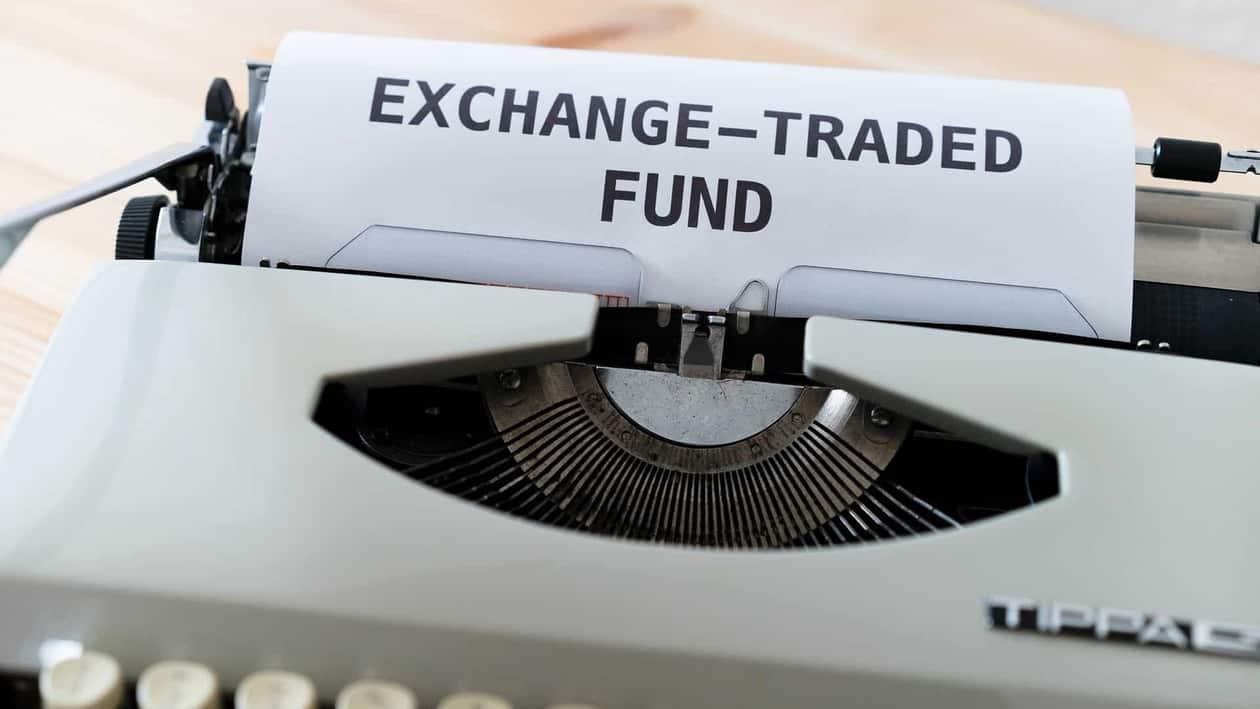Q. My colleague, who is an active investor, told me about an ETF. Please tell me more about this. Which ETF should I invest in?
An Exchange-traded Fund (ETF) is a type of investment fund that tracks an underlying index, basket of securities, commodities, or bonds and can be traded on a stock exchange. It holds a variety of assets, such as stocks, bonds, or commodities. The value of those underlying assets influences the price of the fund.
ETFs cost less than mutual funds. An investor must open a demat account to invest in ETFs.
Types of ETFs in India
Equity ETFs: These invest in stocks that make up an index specific to a stock market, such as the Nifty 50, and track how that index performs.
Sector ETFs: These are intended to give investors exposure to the performance of a particular sector, such as technology, finance, or healthcare.
Bond ETFs: These invest in a portfolio of bonds and expose investors to the fixed-income market.
Commodity ETFs: These tap into the commodity market by investing in commodities like gold or silver.
International ETFs: These invest in stocks of companies that are listed abroad and offer exposure to the global market.
ETF returns
Returns from exchange-traded funds depend on several factors, including the type of ETF, underlying assets, and market conditions.
For example, equity ETFs that track a stock market index will typically have returns that are comparable to the index's performance. Bond ETFs tend to have lower returns than equity ETFs but offer the twin advantages of lower volatility and greater stability. Commodity ETFs can provide exposure to commodities with the potential for price appreciation, but they also carry the risk of price fluctuation. International ETFs can provide exposure to global markets but carry the risk of currency fluctuation.
Different ETFs have various levels of risk and different investment strategies. When choosing an ETF, consider your investment objectives along with your risk tolerance and time horizon. Choose an ETF that satisfies your overall financial needs and is well-diversified. Periodically review the ETF holdings you have and make necessary adjustments.
International Money Matters Pvt Ltd is a 20-year-old SEBI registered financial planning-cum-investment advisory boutique. Please click here to find out more.
